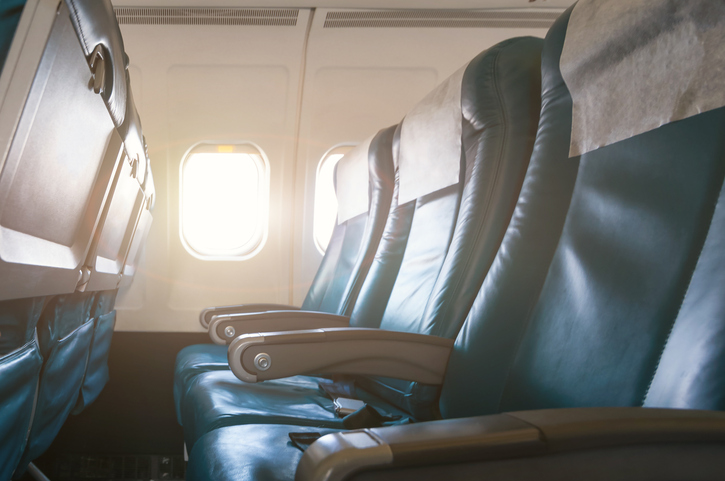China is squeezing itself into a gap in the market for aircraft seats – a low-key effort compared with plans for a Sino-Russian jetliner or the military might paraded at this week’s Airshow China, but one that may earn it a key role in global supply chains.
Bottlenecks in the supply of seats have disrupted jetliner production and created a major headache for Western planemakers in recent years, as manufacturers struggled to keep up with booming air traffic and growing demand for customised cabin features.
Consolidation has already reshaped the market; first B/E Aerospace became part of U.S. business Rockwell Collins, then France’s Zodiac Aerospace lost a bid to stay independent and got taken over by Safran.
Now China is trying to secure its place in the new landscape.
“It’s a big opportunity,” Wu Si, a sales manager at Jiatai Aircraft Equipment Co Ltd, a subsidiary of state aerospace giant AVIC, told Reuters.
China’s expansion into seats reflects an ambition to build its position as a broad supplier to foreign planemakers while deepening the skills and post-sales experience needed to develop its own aircraft industry, analysts said.
The breakthrough is not immediately obvious at China’s largest air show, where AVIC’s seats are tucked in a corner beyond promotional displays for fighters.
Jiatai has been in the seats business since 1995, mainly supplying China-made aircraft like the Xian MA60 turboprop. It also equips the recently introduced ARJ21 regional jet.
But it is speeding up its exposure to foreign markets, encouraged by Airbus and Boeing, who are still smarting from delays caused by a production crisis at Zodiac and are working to smooth seat supply.
PRESSURE ON ESTABLISHED SUPPLIERS
Last week, China’s state-run Xinhua news agency reported that Airbus had delivered an A320 equipped with Jiatai seats for the first time.
And Boeing said at the show it had recently added Jiatai’s products to the catalogue of available seats for its best-selling 737 jet. The company has fitted out at least 25 Boeing jets since 2016.
The move “continues the indirect pressure on traditional seats suppliers” including Recaro, Zodiac and B/E Aerospace, Agency Partners said in a note.
Recent profit margins are a poor guide because of production problems, but in 2016, the last year before it was delisted, B/E Aerospace had an operating margin of 16.6 percent. In the same period, Airbus made 5.9 percent and Boeing 7.7 percent.
Analysts say margins are especially high on premium seats, but for now the Chinese business focuses mainly on economy seating.
Jiatai says it has capacity for 20,000 seats a year – enough for about 130 medium-haul jets – but is only making 13,000-14,000. It is adding a second production line.
The risk is that hurdles in certifying each new seat variant and maintaining output will prove even more challenging than it did for longtime specialist Zodiac, analysts said.
“The problem is with orders. Airlines are so used to the status quo, preferring to upgrade with their existing seat choices. It takes time for the market to accept our brand,” said Cai Li, a sales manager at Jiatai.






